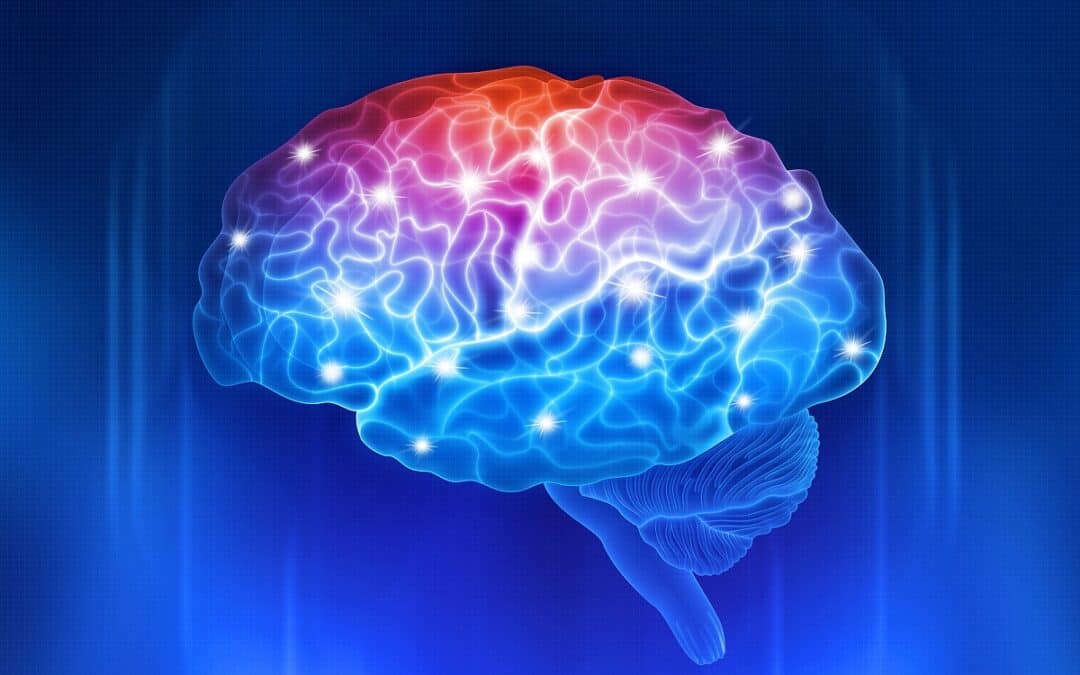There are several factors that can contribute to the development of hearing loss. This includes traumatic brain injuries (TBI), the most severe type of head injury. According to the Centers for Disease Control and Prevention (CDC), as many as 3 million head injuries occur every year. Head injuries range from concussions (which are milder forms) to traumatic brain injuries. In fact, one in three head injuries is a traumatic brain injury. Research shows that traumatic brain injuries can increase the risk of developing hearing loss.
What is a Traumatic Brain Injury?
A traumatic brain injury occurs when trauma to the head impairs the brain and its functions. The most common causes of TBIs are car crashes, bike accidents, falls, and injuries from contact sports. Trauma (blow, jolt) to the head can cause the skull to rock back and forth, bounce, and move rapidly. This can produce hemorrhaging, swelling, bruising etc. which can trigger chemical changes and damage cells.
Though people of all ages experience head injuries, men between the ages of 15-35 are disproportionately affected. This is likely due to engagement in contact sports – a common cause of head injuries
Link Between Hearing Loss and TBI
Traumatic brain injuries can cause acoustic trauma which impacts hearing health. This can happen in a few ways including damaging integral components of the auditory system which is the sensory system for hearing. This consists of:
- Outer ear: this is the most visible part of the ear which absorbs soundwaves. These soundwaves travel down the ear canal and land on the eardrum.
- Middle ear: movement of the eardrum activates the ossicles which are three tiny bones that are connected. These bones help propel soundwaves further into the inner ear.
- Inner ear: there are thousands of sensory cells in the inner ear which convert incoming soundwaves into electrical signals which get carried to the brain.
Specific portions of the brain receive these signals and are responsible for processing speech and sound. This includes assigning meaning to these signals which is how we understand what we hear. TBIs can break the ossicles, damage sensory cells in the inner ear, rupture the eardrum, and constrict blood flow to the ears. A TBI can also affect the portions of the brain that process sound information. These effects can contribute to hearing challenges and hearing loss.
TBI Related Hearing Loss Symptoms
Various symptoms and auditory related issues can be caused by traumatic brain injuries. This includes the following:
- Tinnitus: a ringing or buzzing like noise in one or both ears.
- Sensitivity to noise and loudness
- Hearing loss
- Aural fullness (popping sensation in the ears)
- Ability to hear but difficulty understanding speech
In addition to hearing related symptoms, TBIs can produce issues with balance. Both systems for balance and hearing are housed in the inner ear. These symptoms include:
- Dizziness and vertigo
- Difficulty maintaining balance
- Motion sickness
- Feeling unsteady
These symptoms can range from mild to more profound, impacting everyday life and wellness.
Treatment for TBI Related Hearing Loss
There are several treatment options for hearing loss caused by TBIs. Treatment depends on the specific cause of hearing challenges and can include:
- A ruptured eardrum can recover on its own
- If the ossicles bones are damaged, this can be repaired through surgery
While these underlying causes cause hearing loss that is often temporary, damage to sensory cells in the inner ear causes permanent hearing loss. The most common way this is treated is through hearing aids. These are electronic devices that are designed to absorb, amplogy, and process speech as well as sound. This provides the ears and brain with ample support, alleviating symptoms and increasing one’s capacity to hear. Hearing aids alleviate symptoms like tinnitus and the muffling of sound, supporting hearing in everyday environments.
If you have experienced a TBI, it is important to have your hearing health assessed. You can do this by scheduling an appointment for a hearing test. Conducted by a hearing healthcare specialist, hearing tests involve a painless and noninvasive process that measures hearing capacities in both ears and identifies what your hearing needs are. Contact us today to schedule an appointment for a hearing consultation.

